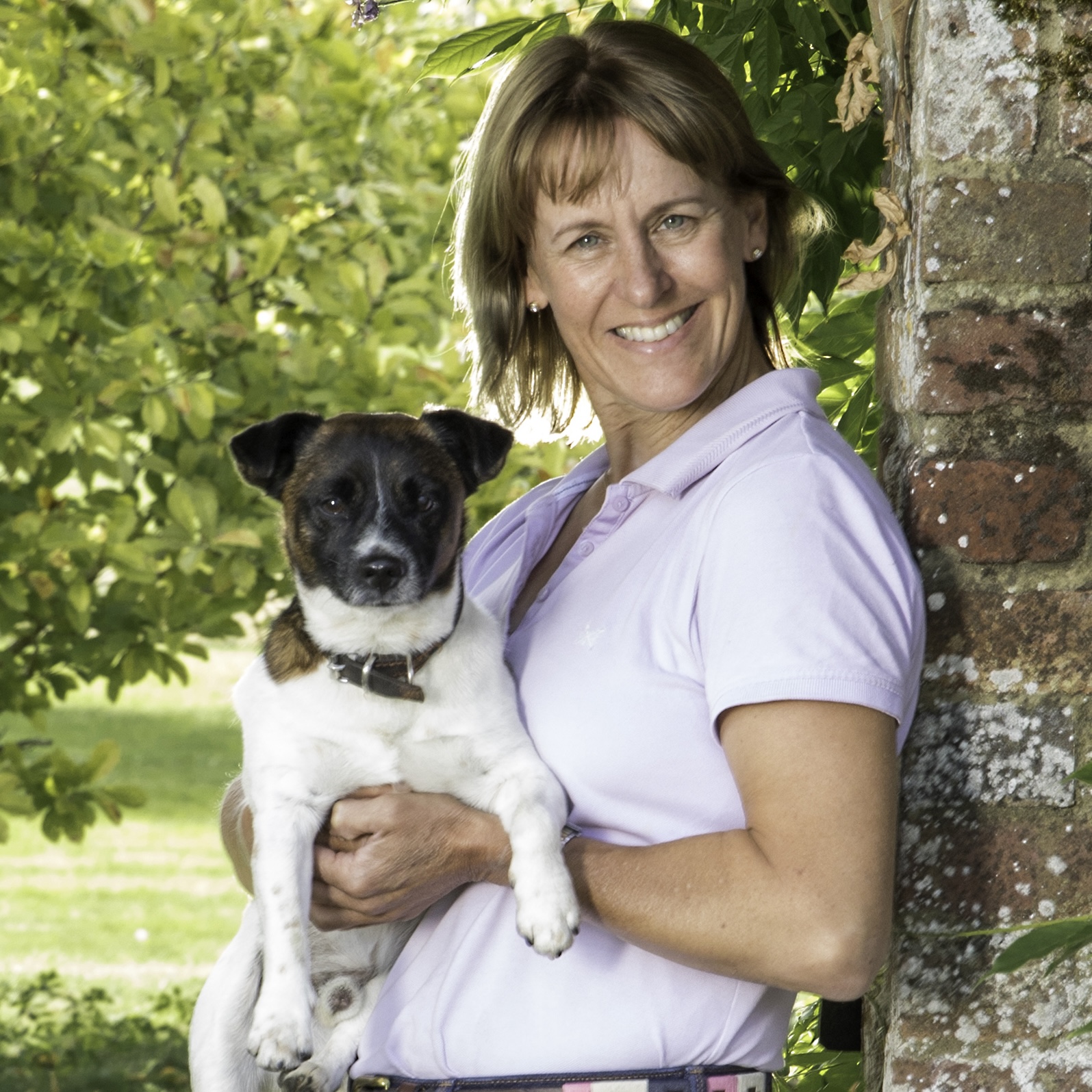Minette Batters: The Peppering Project is a 'blueprint for delivering food and Nature security across the country in a way that rewilding on its own never will'
The ex-NFU president reflects on a recent visit to the pioneering nature-recovery project being undertaken by the Duke of Norfolk in West Sussex.
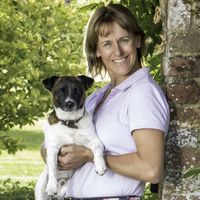
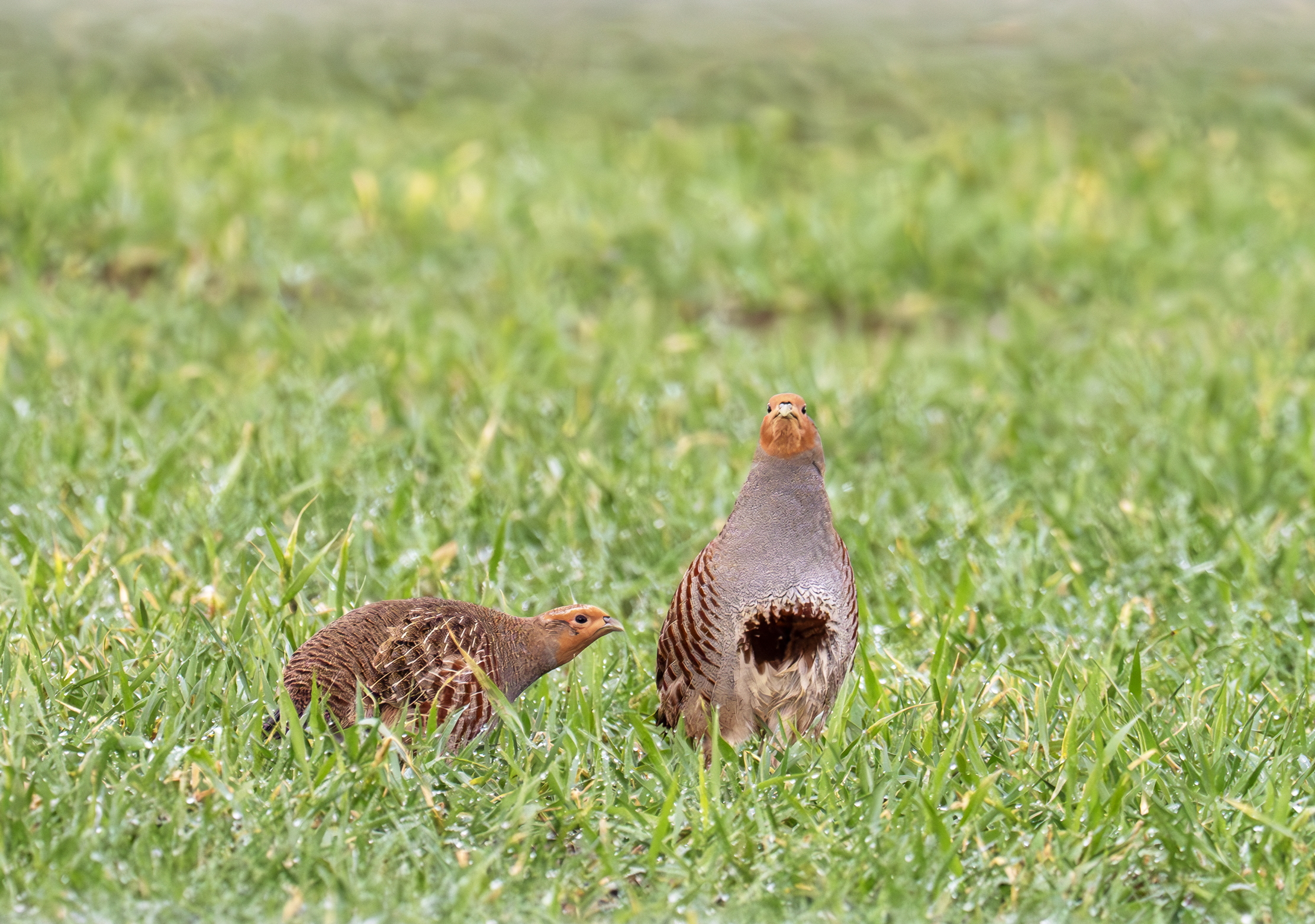
I am gradually re-booting my life, more than three months since I stood down from my role at the NFU. Spring calving on the farm is nearly finished, silage fields are being cut as I write, the holiday let is starting to be booked, farm weddings are in full swing and we’re about to start picking sweet peas — it’s a different life, but very busy.
In addition, I’ve recently become a trustee of the Game and Wildlife Conservation Trust (GWCT) and I’m doing a bit to help the amazing team at Wildfarmed, a business that produces sustainable flour and bread through regenerative agriculture, plus I’m about to take up a position as a director at Salisbury racecourse. It seems many years ago that I rode 30 point-to-point winners when riding out for racehorse trainers David Elsworth and James Toller. Racing has always been a big hobby and it will be great to give something back to a sport I love.
In my new GWCT role, I was invited to Arundel Castle in West Sussex to visit the Peppering Project, the remarkable story of the recovery of grey partridge on the South Downs. On arrival, I was greeted by our host, the Duke of Norfolk, and his wonderful wife, Chica, together with expert ecologists, the farm manager, gamekeepers and those, like me, who were simply intrigued to hear the story. Our host quickly batted away references to his title — ‘call me Eddie’; he is, of course, better known to many as Earl Marshal, the man responsible for organising the state funeral of Elizabeth II and the coronation of The King.
The grey partridge has declined by 93% across the UK since 1970. At Peppering in the early 2000s, there were only 11 remaining and they were facing extinction. The gamebird’s recovery has been nothing short of remarkable and it’s now a sustainable population of 300 breeding pairs, but the story is so much more: it’s a blueprint for delivering food and Nature security across the country in a way that rewilding on its own never will.
'Nature, as is proven at Peppering, doesn’t simply happen, we have to manage it — you only need to look at our roadsides to see how ragwort has taken over in some areas. Any dominant species needs management to thrive and ensure others aren’t submerged'
A wide range of red-listed species has made a spectacular recovery because of the management system put in place, the data assiduously collected by the GWCT. Skylark numbers are up 57%, linnet up 94% and lapwing has increased by 71%. I got to see a curlew sitting on her nest, so camouflaged that she had to be pointed out. Biodiversity recovery in the conservation headlands is now similar to whole fields in the 1930s, with 120 different broad-leaved weeds and arable flowers, including many important red-listed plants, such as venus looking glass and prickly poppy. There are 700 species of insects and 50 types of pollinating bees, 1,000 hares, dormice, water voles, raptors and owls; you hear the nightingale as you go to bed and wake up at dawn to the cuckoo.
Balance and management are the two key words in the success of this project. The grey partridge, as do other ground-nesting farmland birds, has three critical needs: hedges and habitat for nesting (some 18 miles of new hedges have been planted); food source (insects for chicks at hatching time); and legal predator control (concentrated from February to July when the nests are most at risk).
The excitement of my visit won’t ever leave me and nor will the admiration for the many farming businesses I visited during my time leading the NFU — brilliant people achieving multiple outcomes for food production and Nature — and it was at the forefront of my mind when I recently spoke on a panel at the Hay Festival, titled ‘Re-Wild or Dig for Victory?’
Exquisite houses, the beauty of Nature, and how to get the most from your life, straight to your inbox.
I love going to and speaking at Hay, but I’ve often come away saddened at the lack of consensus that’s achieved. Last year, my debate was with George Monbiot, who is focused on food from factories — gloop, as he calls it — an approach that would theoretically leave the land for Nature. However, Nature, as is proven at Peppering, doesn’t simply happen, we have to manage it — you only need to look at our roadsides to see how ragwort has taken over in some areas. Any dominant species needs management to thrive and ensure others aren’t submerged.
To date, three agricultural revolutions have shaped our lives. With 8.1 billion people in the world and numbers expected to rise to 11 billion, the solution is for food and Nature security to be treated as equally important. Peppering Farm is a living example: a patchwork quilt of crops — namely milling wheat, malting barley and beans — all farmed in a regenerative way, with minimum tillage, cover crops and a flock of sheep to improve the soil. One-third of the farm is in conservation management — there’s no monoculture agriculture there; the farmer, manager and ecologist have worked as one and the results are there for all to see.
Minette Batters was president of the NFU for six years. She runs a mixed farm and rural business in Wiltshire
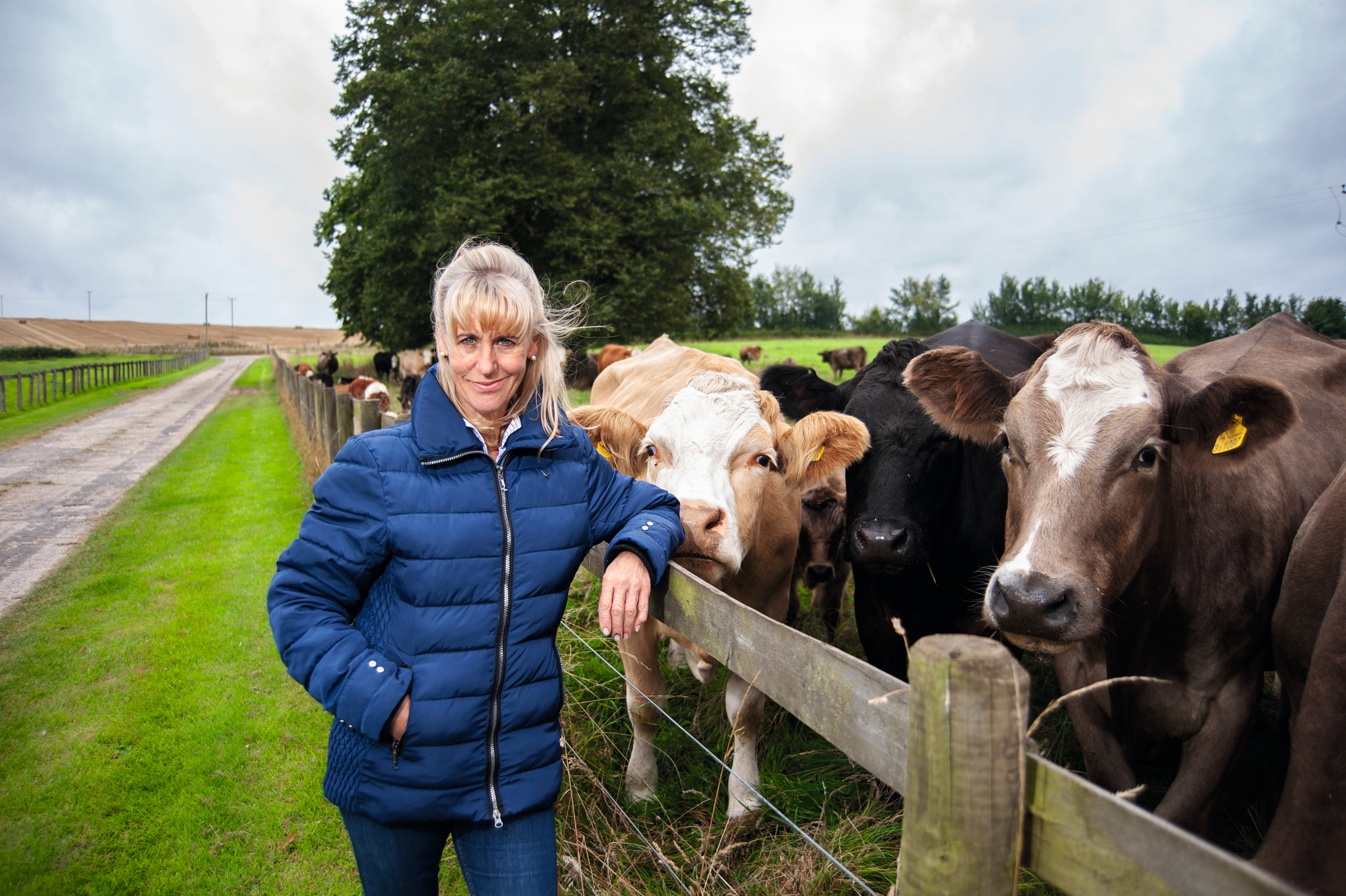
Credit: Lawrence Looi/NFU
Minette Batters: We need to trade on a level playing field
After six years leading Britain's largest farming union, Minette Batters talks life after the NFU and why MPs of all
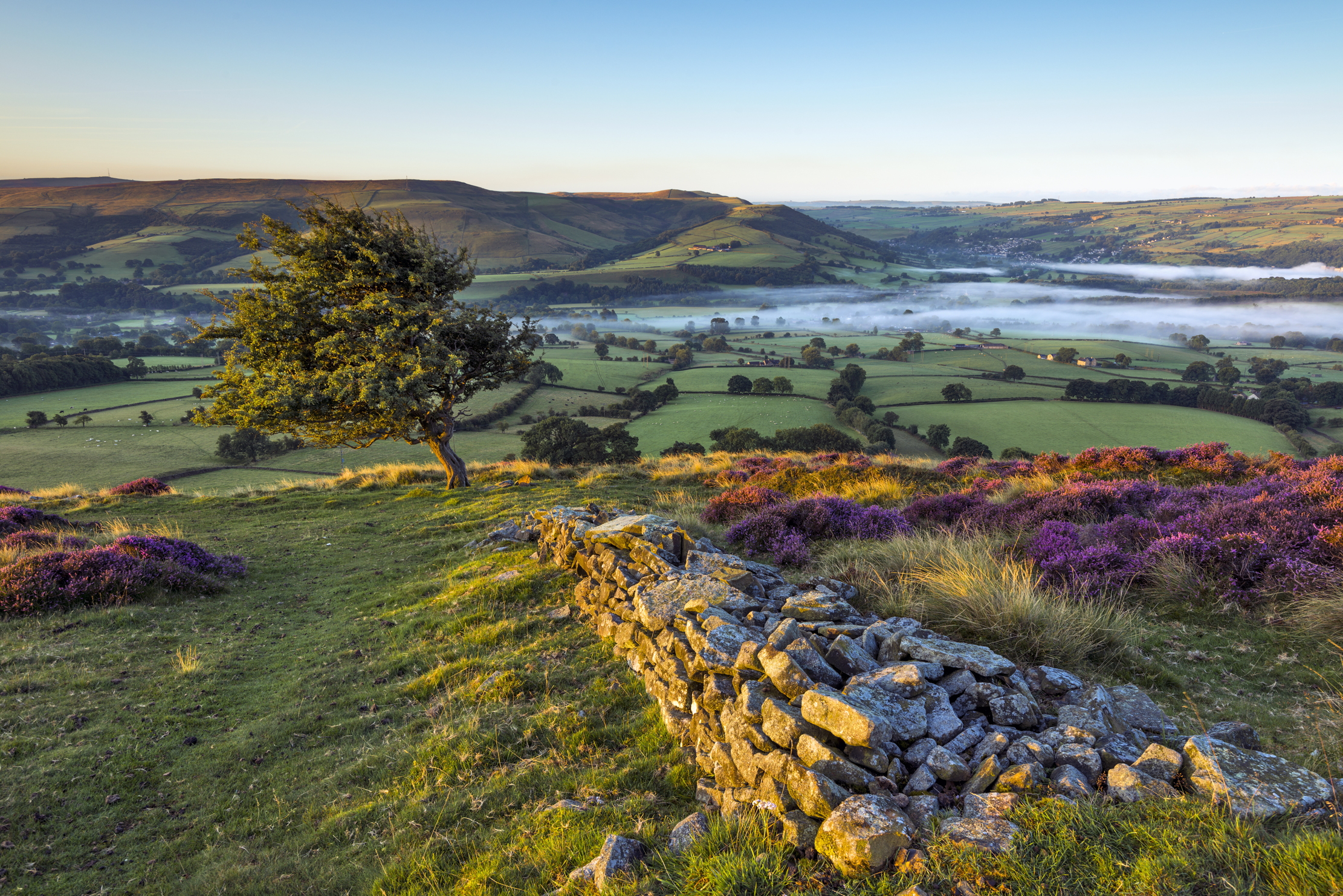
Credit: John Finney Photography via Getty
10 ways to save the planet, according to Country Life
There are many practical ways in which we–individuals, groups and Government–can make a difference to our planet, both locally and
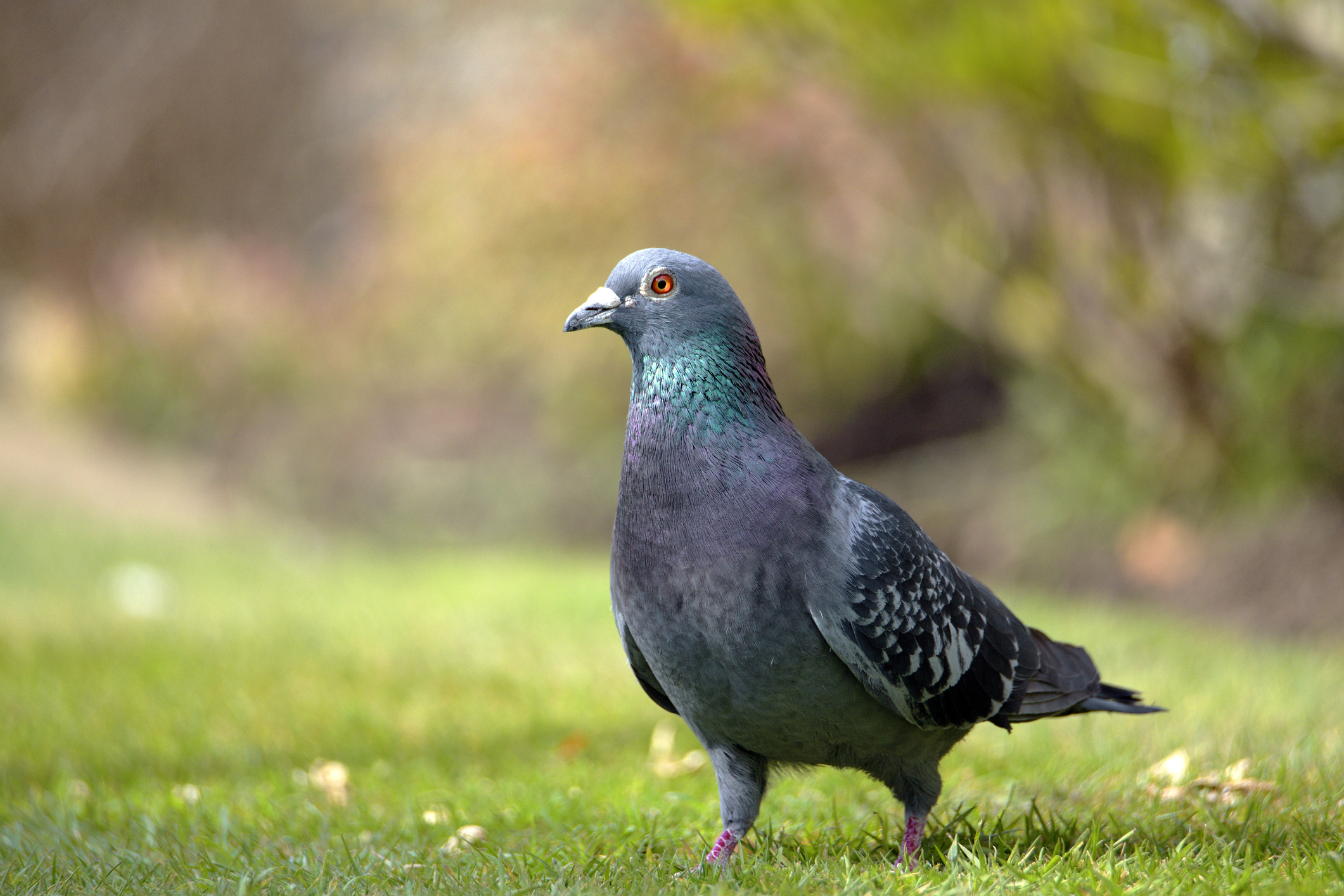
Patrick Galbraith: 'Rather than asking if she could be next up for a pigeon, she quit. Her liking for oat milk should have given the game away'
Country Life's newest columnist Patrick Galbraith on car washes, dogs and the inevitable culture clashes that come with being a
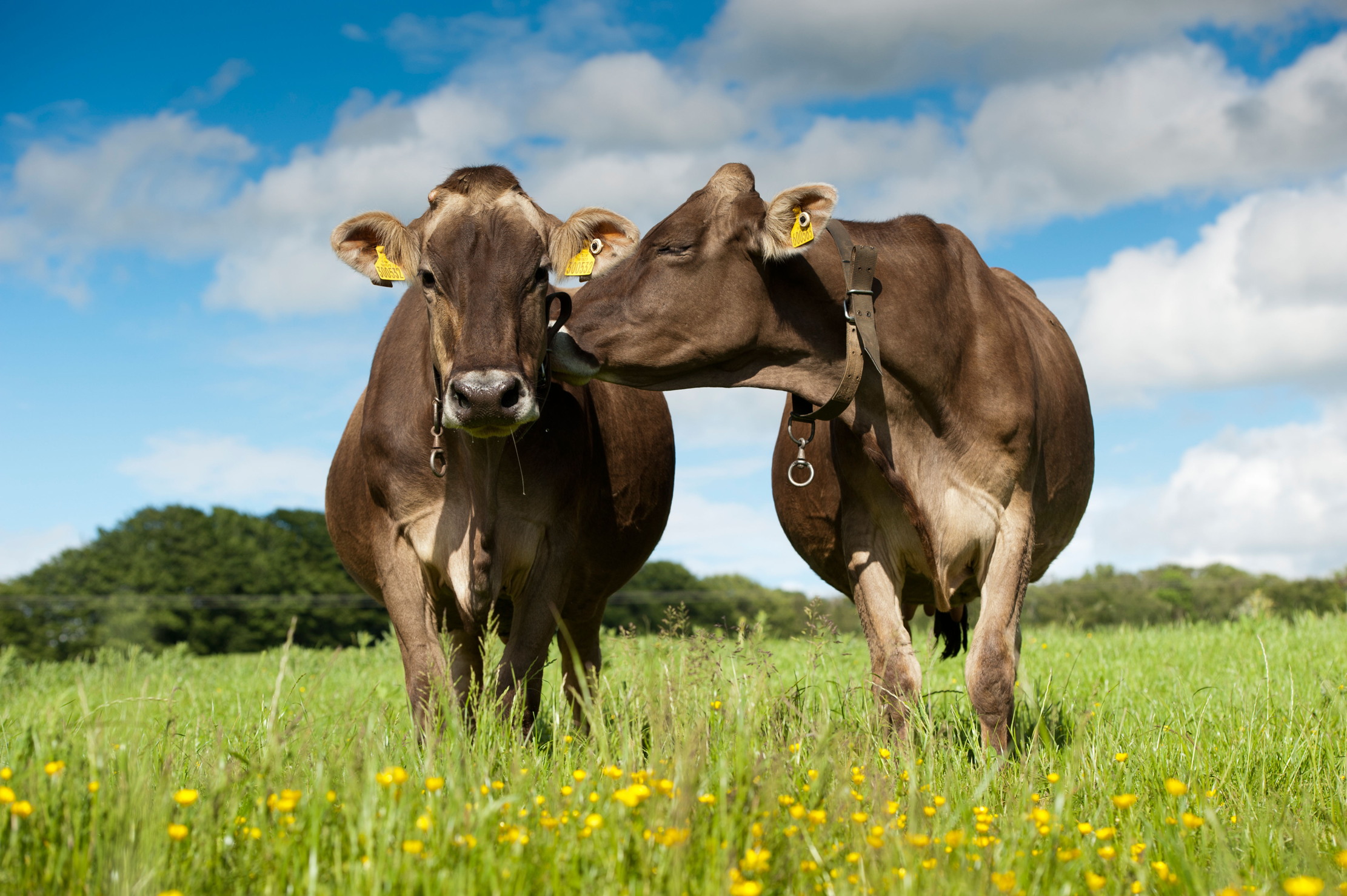
Credit: Wayne Hutchinson/Alamy
'I didn't realise quite what we were getting into': how to make cheese in Norfolk and what it says about us
Patrick Galbraith visits a cheesemaker in Norfolk and leaves wondering what 'a hard day's work' really means.
Baroness Minette Batters is a crossbench peer and a former NFU president. She runs a beef farm and rural business in Wiltshire.
